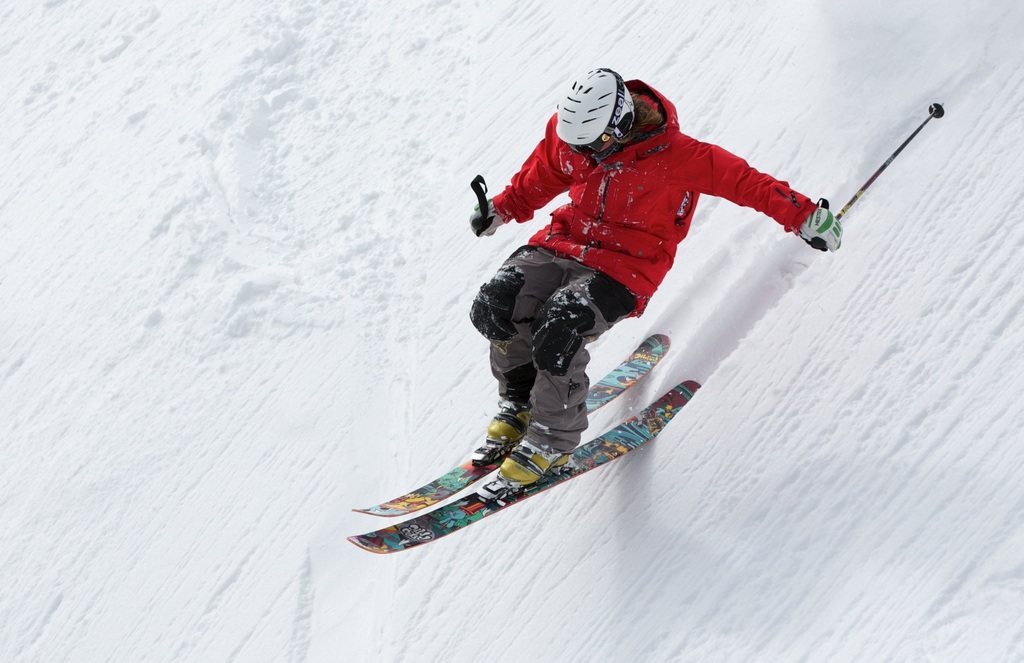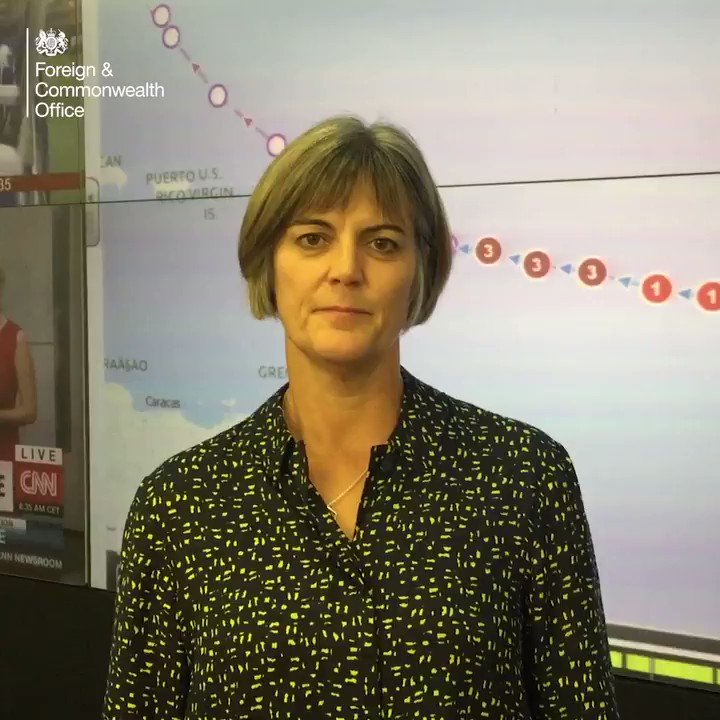The organisation's research found almost a third of winter sports holidaymakers have never bought the correct insurance cover

ABTA's research found almost one third of winter sports holidaymakers have never bought correct cover (Credit: PxHere)
New research from the Association of British Travel Agents (ABTA) has found 3.5 million British holidaymakers taking part in in risky winter sports have never taken out the correct travel insurance.
Traditional travel insurance typically won’t cover risks posed by policyholders taking part in winter sports activities, with ABTA encouraging travellers to check they have the correct cover.
The organisation also urged skiers to ensure they’re fit for the slopes, as higher levels of fitness can lower the chance of injury.
ABTA director of destinations and sustainability Nikki White said: “Nearly a third of winter sports holidaymakers are heading out to the slopes without the appropriate travel insurance in place, putting themselves at risk of costly medical bills if they have an accident while abroad.

“It’s really important that people take out an insurance policy that covers them for all the activities they plan to do on holiday, as well as getting themselves ski-fit beforehand, so they can focus on having an enjoyable and safe trip.”
ABTA’s survey of 2,133 adults, 524 of which had been on a winter sports holiday, found those aged between 25 and 34 years had more first-hand experiences of winter sports injuries than any other age group.
Results showed 12% of respondents within this age group had travelled with someone who suffered a major injury from a winter sports activity that led to hospital treatment, with 6% having been hospitalised themselves for the same reason.
Despite this, ABTA discovered 32% of respondents admitted they had never taken out travel insurance with winter sports coverage.
The organisation applied this percentage to previous YouGov findings — which pegged the amount of Brits to have been on a winter sports holiday at 11.2 million — in order to reach the headline figure of 3.5 million.
The UK government says it can’t fund healthcare costs from injuries
The UK Foreign and Commonwealth Office (FCO) threw its support behind ABTA’s message, emphasising the financial perils that could befall injured winter sports enthusiasts who travel without appropriate insurance.
FCO director of consular services Julia Longbottom said: “We urge anyone heading to the slopes this winter to take the time to prepare ahead of your trip, so you can have a safe and enjoyable holiday.
“The #skisafe information on the travel advice pages of Gov.uk provides a handy checklist. It is particularly important to check you have adequate insurance for the activities you plan, and that you declare any pre-existing medical conditions.

“Should you need to be rescued from the slopes, hospitalised abroad, or flown home, you could face very expensive bills if you do not have the right insurance cover — the FCO cannot fund these costs for you.
“Check your cover and enjoy the peace of mind that you will get the support you need if anything goes wrong.”
Tips for buying winter sports travel insurance
Teaming-up with the FCO and The Ski Club of Great Britain, ABTA released a list of tips to help travellers find the right winter sports insurance.
High on the list was the need to adjust coverage to suit individual plans, as many policies will not cover damage to rental equipment, helicopter mountain rescue, or skiing in unmarked and unpatrolled areas — known as being “off-piste” without a guide.
Also prominent was addressing coverage enabled through a European Health Insurance Card, which the FCO said covers state-provided medical healthcare at the same rate as a citizen of the country it’s applied in. However, it won’t pay out for private care or emergency transport back to the UK.
Other tips relate to ski safety, including the need to wear a helmet, ensure off-piste expeditions include safety equipment, and to pick routes based on individual skill limits, as well as a general warning about consuming alcohol before skiing.
